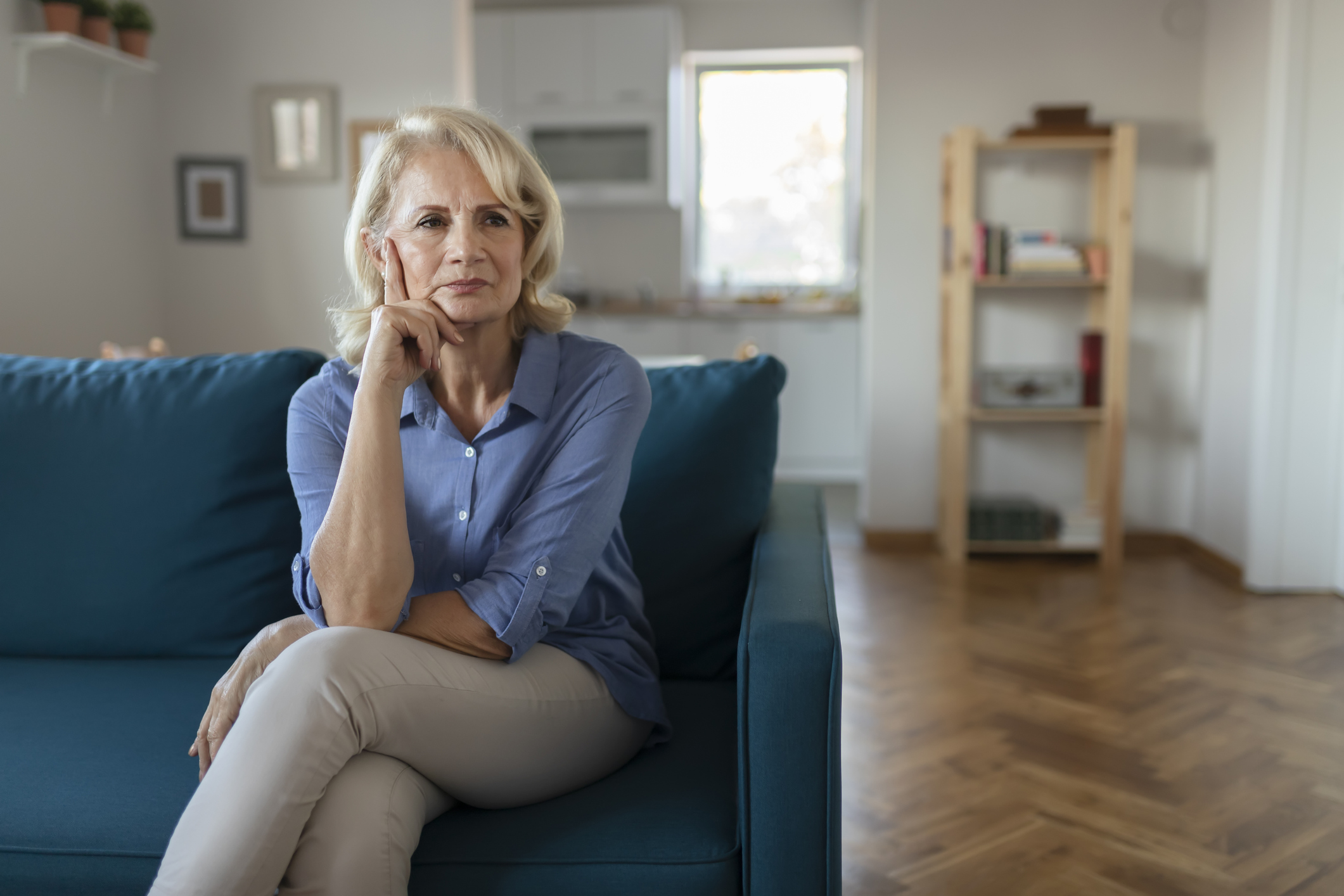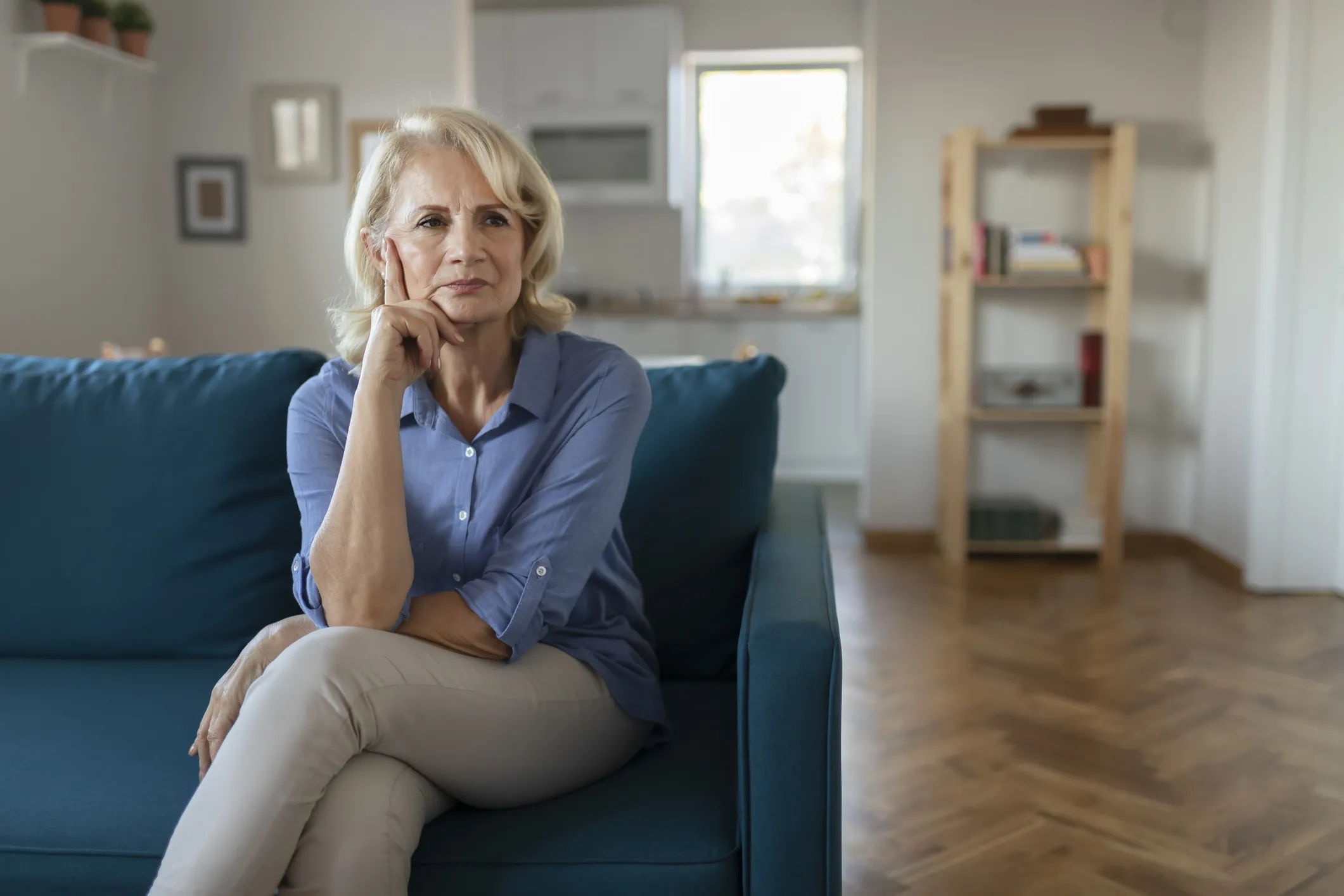It's OK to Not Be OK: 5 Ways to Cope With Your COVID-19 Anxiety
You’re likely feeling a little anxious these days—and for good reason.
These feelings arise in the face of uncertainty as indicators for the brain and nervous system to make changes to improve our chances of survival. And COVID-19 has certainly made life as we know it more than a little uncertain.

People are often uncomfortable with the body’s natural stress response to these feelings of anxiety and fear; but only when we accept these feelings as natural and understandable can we cope with them.
Here are a few ways you can move forward in a healthy way:
1. It’s ok to not be ok.
Begin by having compassion for yourself. Learning to be patient with ourselves as these anxious feelings come up is an important coping strategy. If we do not accept our anxiety, we can develop anxiety about our anxiety, which can deepen it and cause panic.
2. Breathe.
When we are anxious, we tend to take shallow breaths, keeping us in fight-or-flight mode. Remember to engage in mindful breathing by taking slow, deep breaths as much as possible.
3. Care for your physical self.
If you are losing sleep, feel keyed-up or restless, or you’ve lost your appetite, you’re probably in need of a physical reset. Be sure to eat well, practice good sleep hygiene, and incorporate movement or exercise into your lifestyle as much as possible. Even small positive changes in your physical routine can help you better cope with stressors.
4. Your mindset matters.
Mental strategies are as important as physical ones (link to other blog). When anxiety and fear visit our body, they can reduce our ability to be rational and often fill us with unhelpful and counterproductive mind activity, like worry and “what-if” thoughts. When your mind is producing these thoughts recognize that they make you anxious. Be sure to practice gratitude where you can and set appropriate daily expectations for yourself. Both can help keep you in a positive frame of mind.
5. Set a personal goal.
Feelings of anxiety and fear do not have to determine our behaviors. We do not have to wait for the feelings to go away before we start acting like the parent, co-worker or community member that we want to be. It could be helpful to ask yourself: What story do I want to be told of me when it is over? What part or parts of my character do I want to shine through? No matter your role in this current crisis, now is your opportunity to answer those questions by focusing on the goal at hand — even if it is to stay home and wash your hands for the greater good.
Again, it’s ok to not be ok. What’s important is how you respond to this current crisis, and handle your own natural anxiety, that will show yourself and your loved ones (and maybe even the history books) how strong you really are. Fun fact: only when we experience fear and anxiety are we truly able to be courageous and brave!

Tracy has more than 25 years experience in the nutrition field and fitness industry. She specializes in diabetes and weight management. She obtained her master’s degree in nutrition and physical activity from James Madison University in Harrisonburg, Va. and her bachelor’s degree in nutrition and kinesiology from Norfolk State University in Norfolk. Tracy is a Certified Diabetes Educator and is a Certified Specialist in Obesity and Weight Management. She created and runs the My Healthy Weigh weight management program for The Lifestyle Health and Fitness Center. She is a member of the Academy of Nutrition and Dietetics and The American Association of Diabetes Educators. Tracy is passionate about helping people to live healthier lives through nutrition and exercise.